In March & April 2016, H&P ran a two day training course – Policy Engagement Training in History & the Social Sciences - aimed towards PhD students, Early Career Researchers and academics to learn how the policy-making process works, and how to engage with policy makers and shapers.
Delegates from KCL were offered free-of-charge spaces, but there were opportunities for non-KCL cohorts to apply for an AHRC bursary or purchase places.
Download the day’s slide presentation here.
Chair: Prof. Pamela Cox, Department of Sociology, University of Essex
Session 1: Media – Gaining Impact
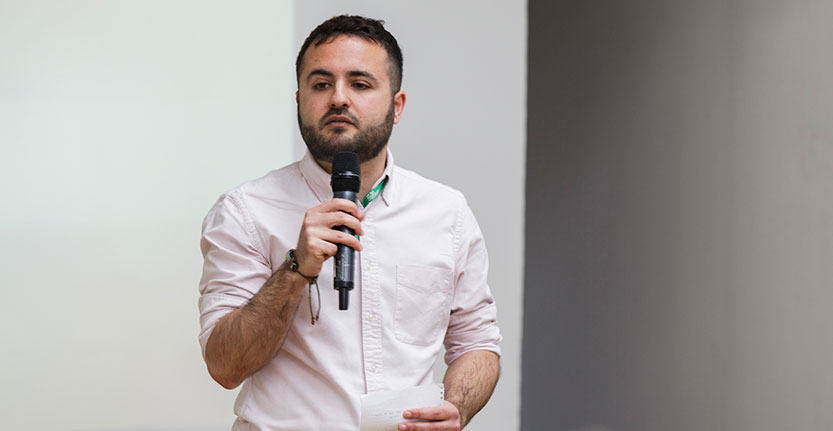
Speakers:
Bernard Muscat introduced delegates to the world of Social Media. Highlighting several platforms, Bernard stressed the importance of engaging with existing online conversations, and using one’s own knowledge and expertise to “add value” to a debate. Ultimately, he stressed that online content should be varied, frequent and human. His presentation can be viewed here.
Hannah Pluthero spoke on how to make academic research more media friendly. Using her own experiences of working in the KCL press office, she offered tips on how to respond to media requests for print/online, TV and Radio media. She also highlighted the various services that academics can access through their University Press Office – be it KCL or another institution.
Session 2: Case Studies – Engaging with Select Committees
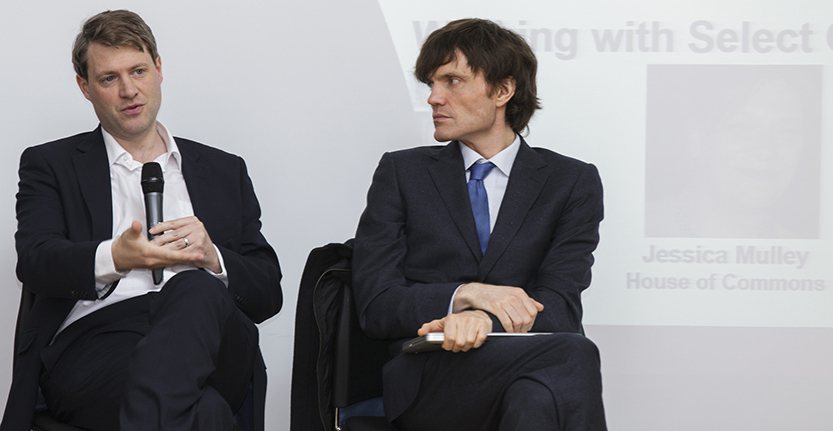
In the second session of the day, delegates got to hear about the different ways in which academics can engage with parliament, and how parliamentarians and their staff use academic’s research in their day-to-day work, and how this helps to form policy decisions.
Dr Andrew Blick spoke of his own experiences of engaging Select Committees as well the various other areas that academics can engage in; including APPGs, consultations and parliamentary hearings.
Chris Skidmore MP drew on his experience both as a historian and a parliamentarian to explain ways in which MPs are able to access and process information, and how academics can assist MPs in understanding complex legislation.
Jessica Mulley explained the role of the Clerk in the Parliamentary process and highlighted ways in which academics can engage on policy – be it through responding to consultations, networking with individual clerks or attending parliamentary hearings for relevant committees.
Session 3: Policy Simulation – Select Committee Hearing
Moderators:
In the final session, delegates held a Policy Simulation of a Select Committee hearing. They were broken up in to three groups:
The group used evidence based upon History & Policy Co-Founder Pat Thane’s contributions to the House of Lords Select Committee on Public Service and Demographic Change’s Ready For Ageing? report.
After being given sufficient time to familiarise themselves with the materials, a Select Committee hearing was held, with “academics” taking questions from the “MPs” of the Committee. At various intervals, the “clerks” raised alternative issues to the MP’s attention, encouraging further debate.
In March & April 2016, H&P ran a two day training course – Policy Engagement Training in History & the Social Sciences - aimed towards PhD students, Early Career Researchers and academics to learn how the policy-making process works, and how to engage with policy makers and shapers.
Delegates from KCL were offered free-of-charge spaces, but there were opportunities for non-KCL cohorts to apply for an AHRC bursary or purchase places.
Download the day’s slide presentation here.
Chair: Paul Lay, Editor, History Today
Session 1: Scenario Case Study: War & Terrorism: Managing Fear
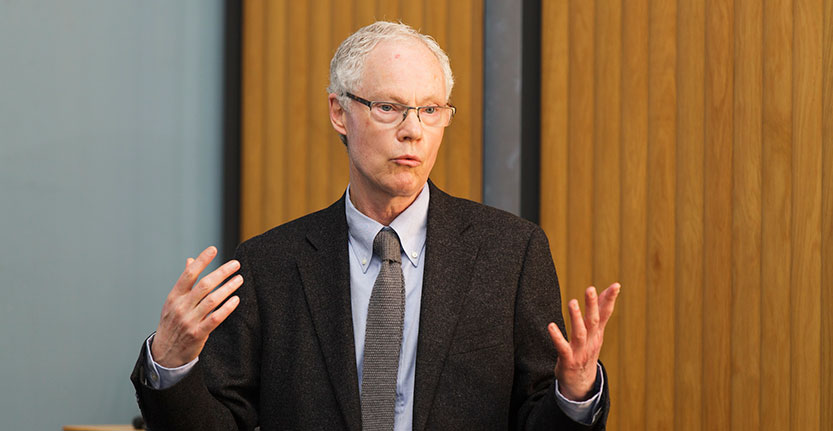
Speakers:
This session – held under the Chatham House Rule – explored the role of various political actors in managing public reactions to terrorist activities. In particular, panellists spoke about the role of the civil service and media, as well as an overview of the history of how psychologists have treated individuals who have experienced severe psychological traumas following terrorist attacks.
Following these presentations, delegates were split into teams and instructed to prepare a brief for the Home Secretary based on a hypothetical terrorist attack in the UK. Ten minutes before the end of the preparation time, chair Paul Lay also advised that a media request had been received, and so groups now had to add this to their briefing.
Once preparation time had finished, the teams presented their briefs to the group, with feedback and commentary given from the speakers.
Session 2: Case Studies of Engagement
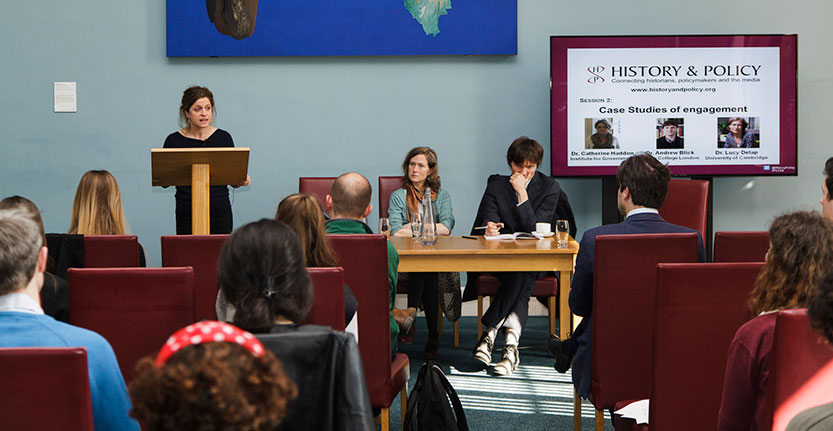
Speakers:
In the second session, historians spoke of their varying experiences of using their historical knowledge to engage with policymakers.
Dr Catherine Haddon spoke of the importance of bringing historical knowledge in to a think tank or research organisation such as Institute for Government.
Dr Andrew Blick spoke of his experiences of engaging Select Committees.
Dr Lucy Delap spoke about her involvement in the Jimmy Saville enquiry and subsequent investigations in to historical child sex abuses.
Session 3: An introduction to Action Planning
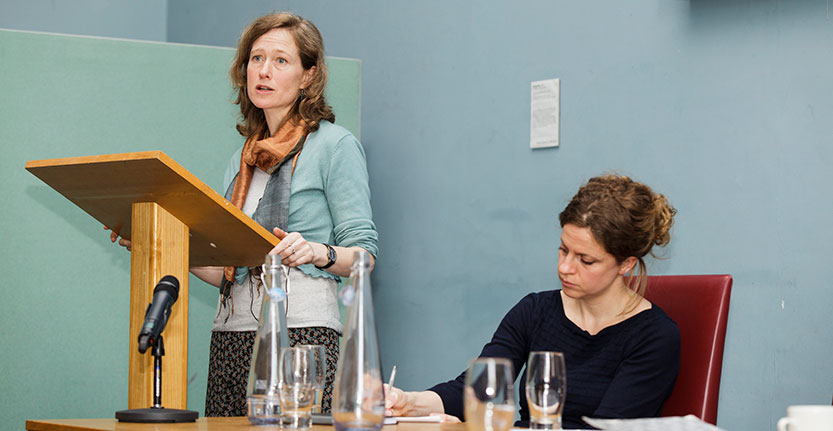
Speakers:
In the closing session, delegates were introduced to the concept of Action Planning: - What is an Action Plan and why are they useful? The concept of SMART Objectives were set out and delegates were given examples in their delegate packs of several different Action Plans.
Delegates were set then a task to produce their own Action Plan. An “Action Plan Clinic” was held on 11th April with Andrew Blick & Billy Davis offering feedback on the submitted Action Plans.
Sign up to receive announcements on events, the latest research and more!
We will never send spam and you can unsubscribe any time.
H&P is based at the Institute of Historical Research, Senate House, University of London.
We are the only project in the UK providing access to an international network of more than 500 historians with a broad range of expertise. H&P offers a range of resources for historians, policy makers and journalists.